SIG Sauer P211 GT4 & GT5—The Sports Cars of SAO Pistols?
In a world where shooters can’t get enough of 2011-style pistols, SIG introduced…
In a world where shooters can’t get enough of 2011-style pistols, SIG introduced…
The Folding Defensive Platform from Zev Technologies—FDP for short—is a new take on…
The GSR-05 Slide Racker is TangoDown’s latest addition to its Vickers Tactical lineup….
All shooting is a balance between speed and precision. By that I mean you can…
The Mod-Navy Qual I’ve been doing this qual (or drill, or whatever the current nom…
• Built for road trips and off-road use• Manual transmission equipped• Wrapped in MultiCam Arctic…
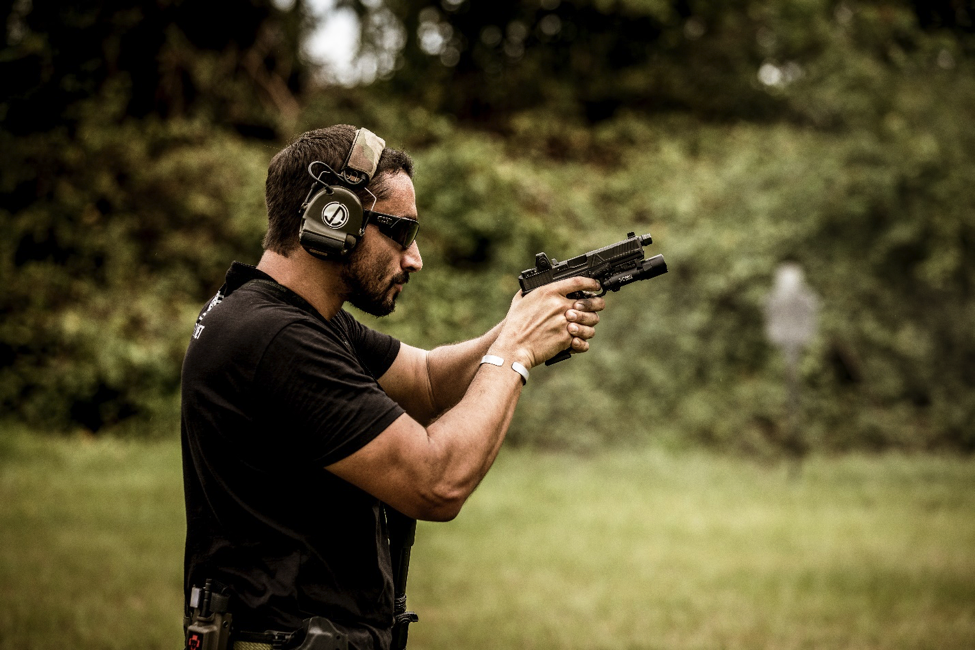
Experience & cognitive capacity

In psychology, maturity is the ability to respond to the environment in an appropriate manner. Maturity also encompasses being aware of how to behave according to time and location and knowing how to act according to the circumstances. Shooter maturity represents the experience and cognitive capacity to comprehend concepts depending on situations and given topics.
This is something I believe needs to be addressed. Shooter maturity is something that separates the real professionals from the “it’s just a job” professionals. It is crucial for specialized teams but is too often overlooked or unaddressed. In many organizations there’s almost always at least one “professional” who shouldn’t be there. Not necessarily because he’s a bad person, but because he doesn’t have “it.”
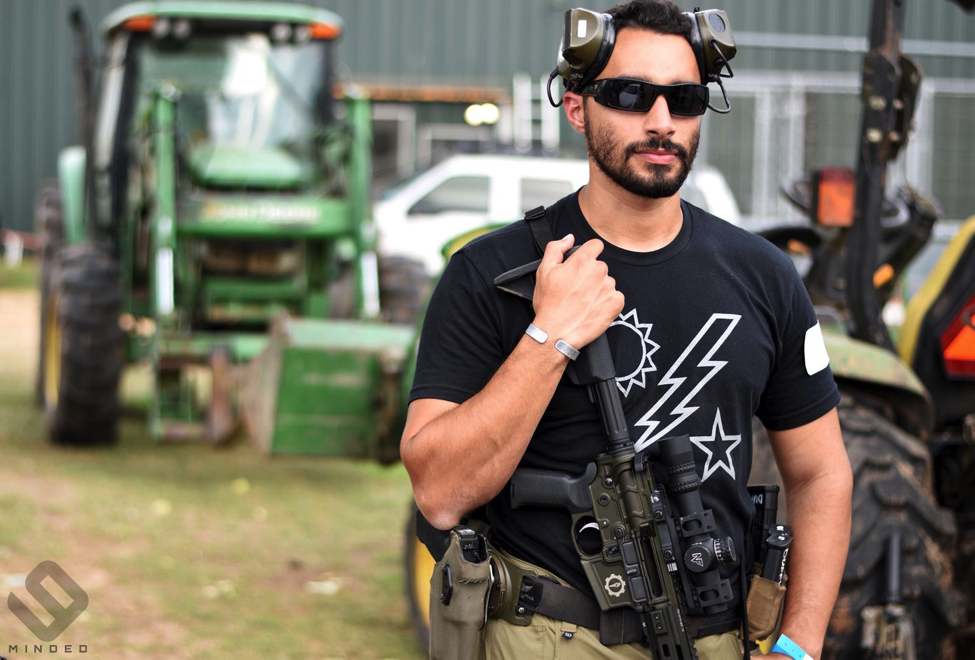
Now, the lack of “it” can be a variety of things—for one, it can be the basic inability to do the job. It can be as simple as a lack of physical or mental abilities (fitness/skill/comprehension), or it can also be a lack of the mindset necessary to be in a certain organization. This all boils down to shooter maturity. Again, lacking it does not make you a bad person… but you may want to get your head in the game or explore a different career path.
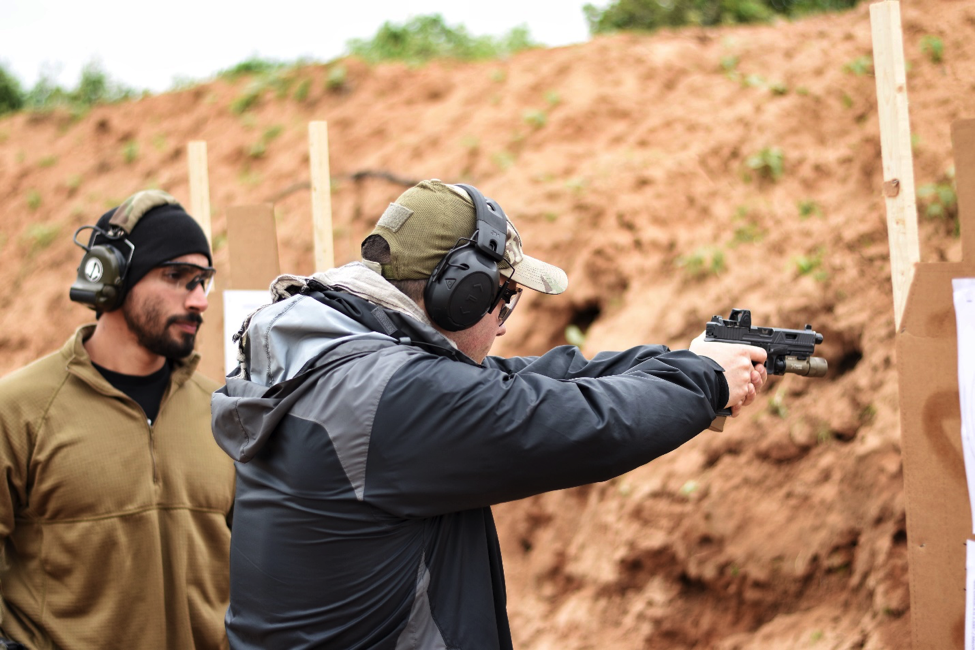
Identifying the Lack of Shooter Maturity
The level of shooter maturity isn’t indicated by how much a person horses around in class or training. It’s an overall breadth of experience and cognitive capacity to understand concepts depending on the situation and comprehension of a given topic. I’ve both taught and participated in classes where I could always pick out the lowest common denominator. It isn’t the slowest, oldest, youngest, or worst shooter, or even an out-of-shape individual. It’s the one with the lowest level of shooter maturity. How do we identify a lack of maturity? There are various ways, versions, and a possible mixture of the below identifiers. These are not the only identifiers, but they are the most common.
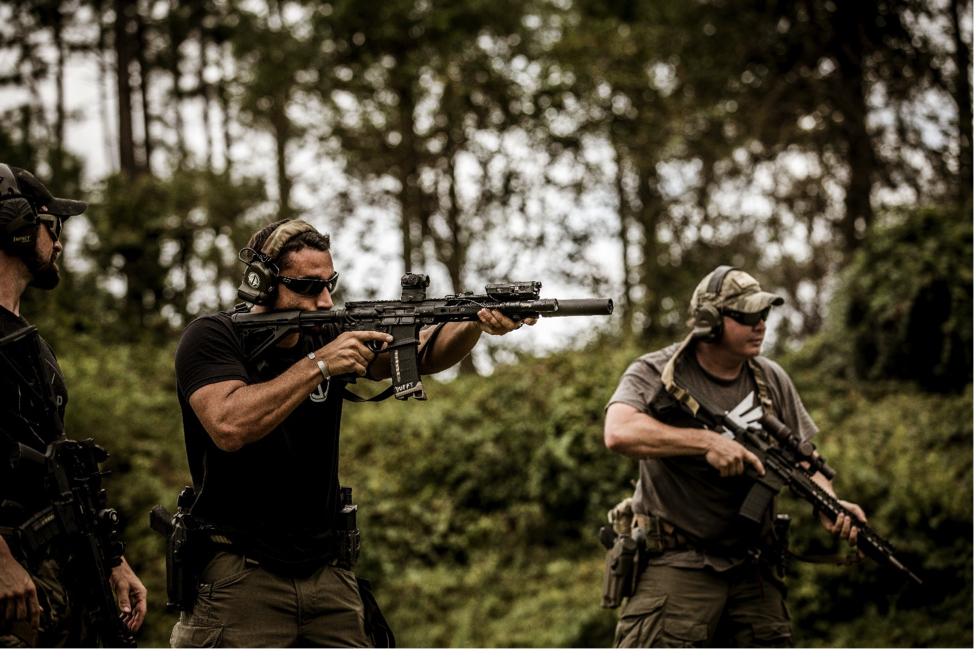
La-La Land Student
La-La Land students are, in the fewest words, those who stare right through the instructor. They are there physically, but mentally they’re in La-La Land. This student is usually not paying much attention to instruction or what’s going on around him. Sometimes he may have heard everything, but he doesn’t comprehend the topic of instruction because he’s thinking about his grip, the distance to the target, and/or the last drill or exercise that may have challenged him.
The La-La Land student’s shortcoming stems from inexperience and the inability to compartmentalize the current situation so he may perform the intended current task. He’s the opposite of a special operations dude, who will put the entire world on the back burner and focus on the current needs of the mission to accomplish it and bring everyone home safely. I’ve observed students drifting into La-La Land when the instructor doesn’t properly engage the class in an interactive way (with relevant questions, stories, hypotheticals, or jokes) to keep them “in the now.”
There are many other factors that come into play, like attention span or student expectations, but the more mature the shooter becomes, the less La-La Land-ish he will be. Pay attention and stay in the now.
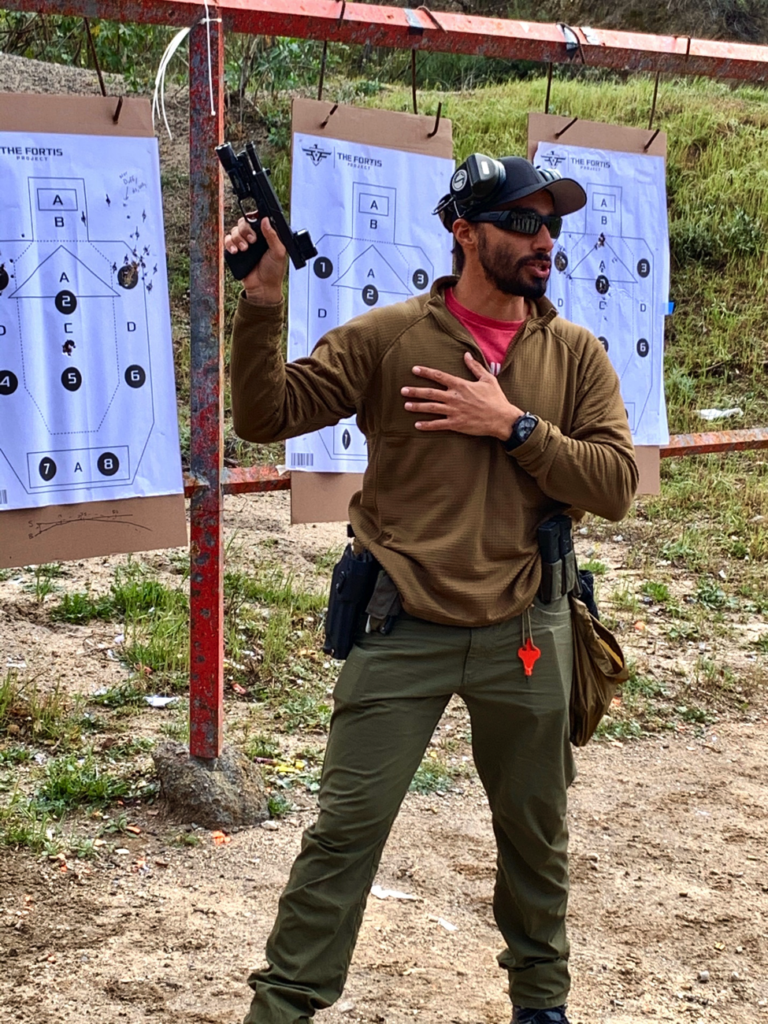
the Conscious Competent
The conscious competent student is the one who will make a mistake during a drill and, when instructed to fix that mistake, will focus so much on the fix that he makes a different mistake. Like plugging a leak in a boat with your finger and seeing another sprout in a different location. This is something we all suffer from to some extent, and mostly it’s because we haven’t subconsciously become competent in a certain skill. We just haven’t reached that maturity level.
Think about driving a car; when you first started driving you had to think about and be conscious of everything at once—being consciously competent. As an experienced driver you can drive, eat, comb your hair, change the music, bake a cake, and talk on the phone all at the same time. You became subconsciously competent with your driving skills.
Now apply the same concept to shooting. If you can draw, present your firearm, remove a seat belt, get out of a car while being aware of muzzle direction, and engage targets accurately in a subconsciously competent manner, then you can focus on other tasks like PID, teammates, tactics, and problem solving. This can be learned and cultivated but is rarely addressed in professional environments.
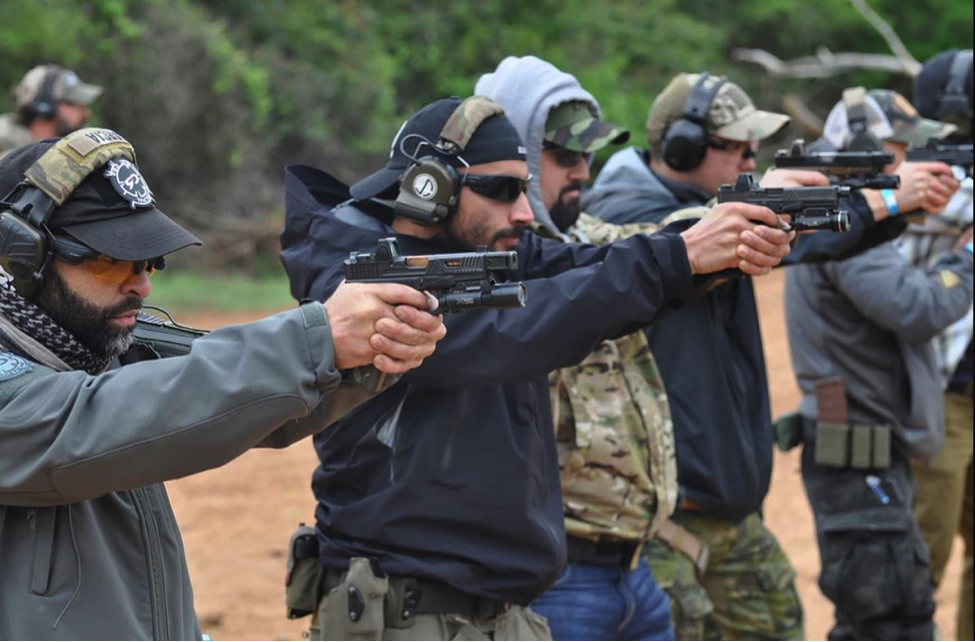
Lack of Recall
Students who cannot recall their actions from the previous drill show a lack of shooter maturity. This, like others, is a learned skill that can be difficult to acquire. If you can’t quite recall what you did, what were you really focused on? Understand that this recall ability is one that many skip, but in my opinion is very important for professionals and civilians alike.
What is recall? It’s your ability to play back and, with practice, visualize what you did in each drill or exercise. For example, if I asked you to recall how, not what, you ate for your previous meal, could you recall how it was oriented on your plate or how you took the first bite? That is recall. I’m not saying you need to recall every little detail in your life, but you must learn to do it for specific situations. In a team-based CQB environment, there’s a need for recall. Now, can you imagine how hard this will be if you don’t have the subconscious competent skills? (Like I said, they can be mixed together.) Cultivating these skills comes back to practice. This is something I force students to do in certain classes to introduce them to the concepts and to actively cultivate these skills, because as a teacher that’s what I’m here to do for students.
Misguided Range Theatrics
Another sign of a person who lacks shooter maturity is displaying misguided range theatrics. When you execute theatrical movements on the range, they could potentially have ramifications that may be detrimental to the ultimate goal of training. That goal is usually to become a more skilled lethal human. For example, the search and assessment after every drill or exercise—I’ve watched students in class search and assess in a fashion that made me feel like I needed a neck brace. They’d shoot, then whip their heads back and forth so quickly that I highly doubt they actually saw anything. They’re not doing what is necessary, but rather engaging in subconscious misguided range theatrics.
I’m not saying you should not be aware of your surroundings or recapture the area visually, but do it in a manner that makes sense. Look, and process what you’re looking at. Why do some shooters engage in theatrics? It can be because they are trying to imitate someone (the instructor or a favorite Instagrammer, for instance) or they received poor or minimal training from an instructor not using experience, data, and science to teach.
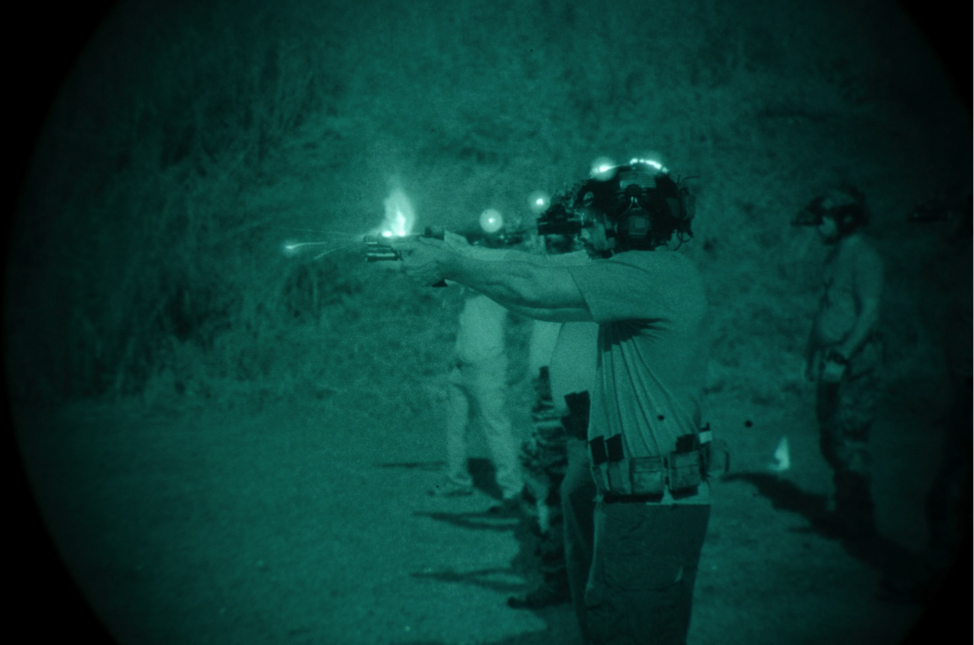
Real professionals don’t think about how they look while doing the needed tasks. They care about what it takes to accomplish the task. It all comes back to something I often talk about in class—being process-based, and not results-based, in executing your tasks. It’s like going through life thinking solely on your death (result) instead of focusing on the journey (process) of life. Yeah, morbid. Don’t do it.
Developing Shooter Maturity
How can we develop shooter maturity? We must identify and begin at the source—ourselves. We must learn to build and develop ourselves as students, students who hunt for knowledge like hungry wolves. Wolves that need and want the information that will feed the hunger. This shouldn’t be a hard concept to grasp; by reading these words you are already taking steps to gain more knowledge. Step one is figuring out “why.” Why do you want more information? Why do you need more? Why? For me, the answer is simple: It makes me happy (my life goal). Those of us who are willing to try and discover new or different things will help us progress as a species.
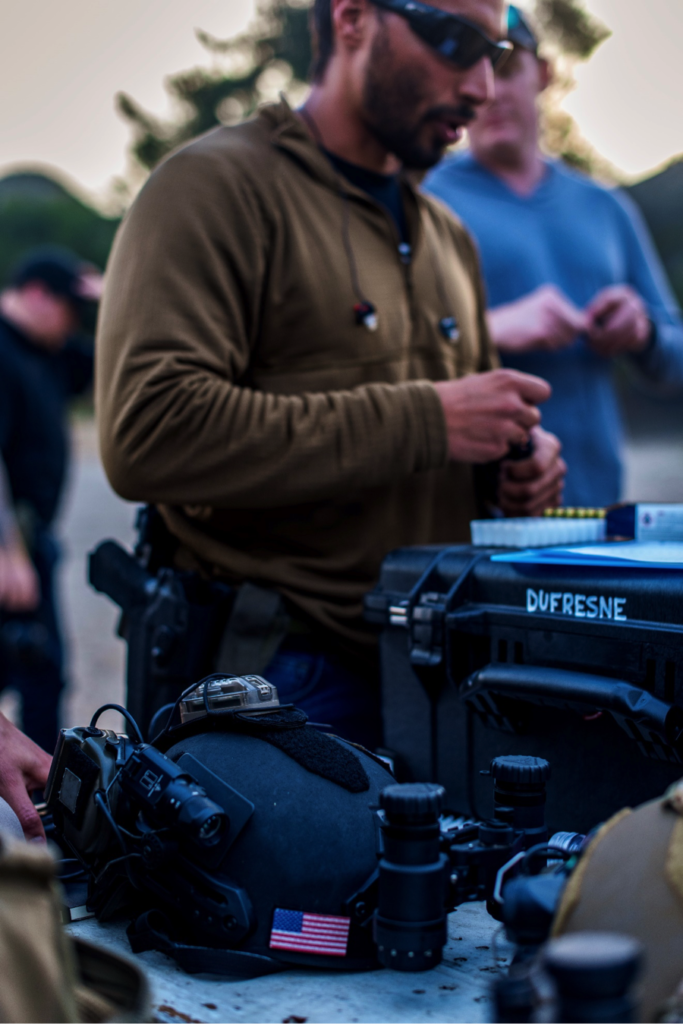
The second step is passion. Passion forces people to do so many things. It can be because of a personal experience, someone retelling their experience, or even a natural inclination that pulls you in a certain direction. It’s the kind of passion that motivates you to rethink what you know and how you feel about the topic at hand, but the passion needs to be backed with logic and factual data, not just emotion. Notice that most of this can extend to many other subjects like self-awareness and self-improvement.
Step three is learning to be “in the now.” That is where the information is being thrown at you. If you aren’t there, you can’t catch it. Staying more focused on the task at hand and being in the now must be practiced. Have you ever done something that was scary? During that activity were you daydreaming, or were you focused on that specific scary thing with all your attention? Exactly! You were focused and “in the now” because self-preservation forced you to be all-in. The more teach yourself to activate your attention in the same manner, the more you’ll benefit from the information provided. Be there, not somewhere else, when it may benefit you greatly to be in the now and receive the information you need.
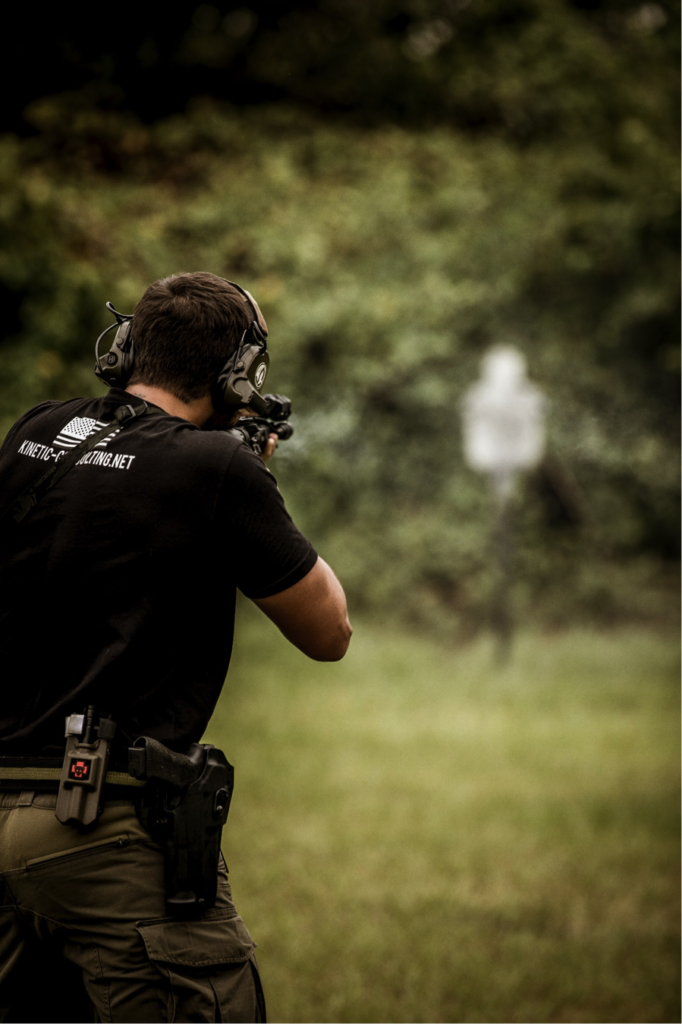
Once you have steps one through three down, it’s time to move to the physical side. Learning to learn. As a student I saw many of my peers fail due to not knowing how to learn. Sounds strange, but it can be an issue. Some assume that as soon as you hear the information you retain the information. That isn’t how it works for most of us. So I learned how to learn.
One of the things I noticed in college was studying prior to class every day helped me figure out questions to ask and/or topics I needed clarification on. This put me a step ahead of other students who thought they were coming to socialize. Just as some students go to shooting courses and think it’s all fun-time gun-time. They miss out on so much and don’t even know it because they spend their time differently. Study what material you can prior to class and/or develop and write down the questions you need answered, especially after the first day to prepare for the second.
Although maybe it isn’t cool or social media worthy, note-taking is an important part of learning. Some don’t take notes or take such vague notes that they can’t figure out what they meant later on. We have all done it. Work on taking better notes. I’ve noticed that the more I organize my thoughts or notes the better my experience is in class. A simple way to take notes is to organize them by drill. Write down the drill name, draw the drill out, and explain the drill with key notes and context associated with it. Doing this gives you a great platform to enhance your own practice. Don’t be lazy about note-taking. You’re there to learn, so learn. I’ve also realized that taking notes on paper, instead of digitally, keeps me from getting distracted by notifications, like someone asking me what kind of pants I wear (true story) or my mom asking if I’ll be coming by for dinner.
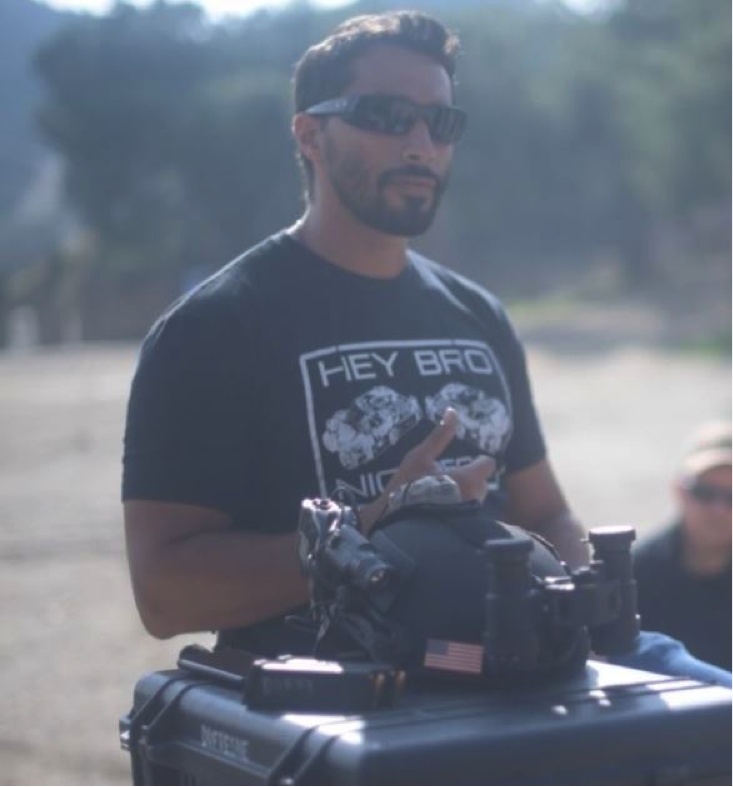
The next part is to put in the work. If it’s shooting, work on the stuff you suck at until you are okay, and then work on it some more. Then, when you think you’re great at it, work even harder! It’s a non-stop continuum. One practice method that has been dying off lately is dry practice. Not with a SIRT or Mantis or anything other than your empty firearm. This is your time to connect with and understand your trigger. This is the time to watch your sights and see how the they act as you press the shot. It’s the time to perfect the pressures in your grip.
Be a part of your practice; don’t just make dry practice a part of watching TV or some other activity. It’s worth becoming acquainted with your blaster. Something I have heard Kyle Defoor say: “Do you really know your gun? Not just the things you have attached or round counts, but know when the trigger breaks or how it feels in recoil compared to others.” This spoke to me. Your gun is like a person you know. Do you know that person’s likes and dislikes, mannerisms, norms, attitude changes? If you don’t, do you really know the person? It made me really tune into my firearm, to the point that I can feel the spring in the mag decompressing as I’m shooting. I can see the direction of my brass flipping in the periphery of my sight picture. This is what starts to show maturity in shooting.
Now, knowing all this, it’s time for you to get to it. Go learn, train, and practice. Work your mind and body. Don’t fail yourself by not doing what’s necessary to improve yourself. Also, note that this article can be applied to many different trades, hobbies, or jobs. I hope everyone continues to improve what they’ve already started. Now continue.
Text and images by Jon Dufresne
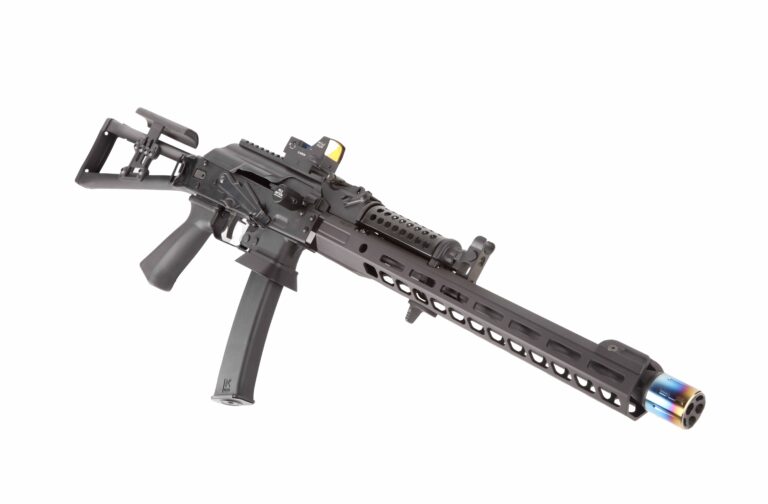
Pistol-caliber carbines (PCCs) have been a hot commodity in the firearms world for the past few years now, and it’s easy to see why. They’re fun to shoot,…
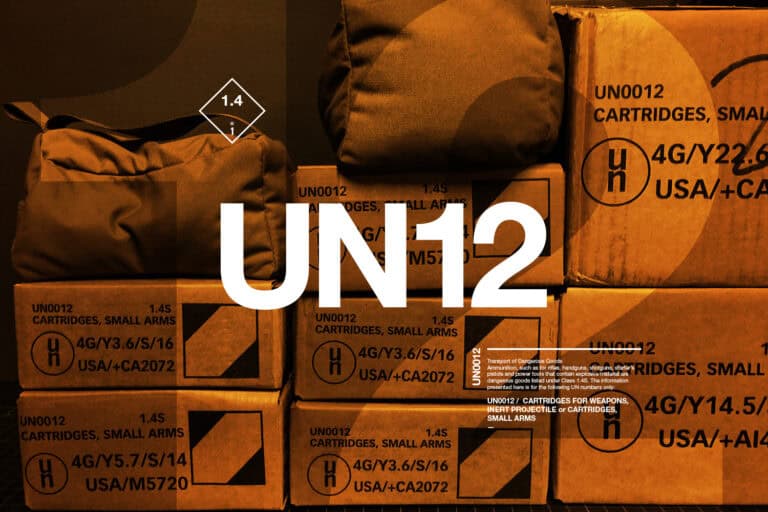
The HRF Concepts Rifle Combat Magwell is an AR15 flared magwell designed to make reloads faster and more efficient.
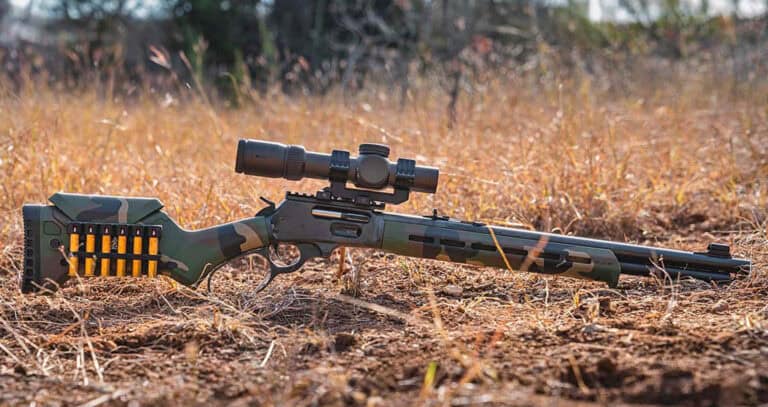
We don’t know how we missed it until now, but recently came across the Magpul Builds page in our online travels. This one immediately caught our ey, the…
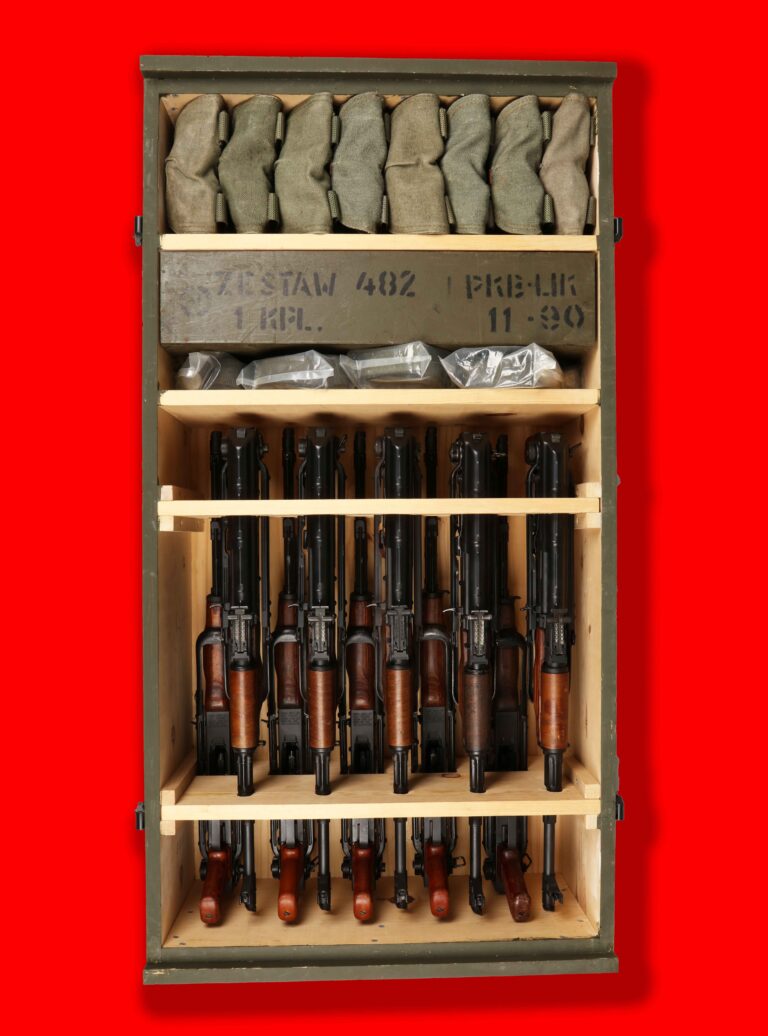
What projects do you currently have sitting on your workbench? A custom AR that you need a final piece in order to finish? Or are you building a…
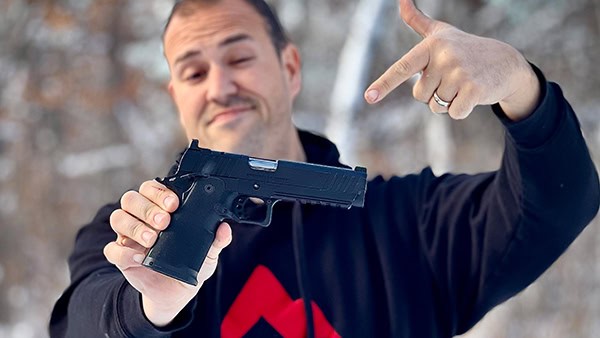
I go over what issues I found with the Springfield Prodigy, how I fixed them and most important…does it run now?
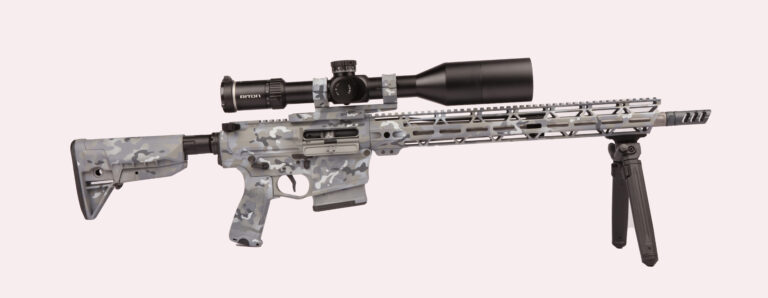
Genesis Arms AR-10 shotgun Custom-assembled 6.5 Creedmoor KAECam custom Cerakote by KAE Custom Coatings We wonder what Eugene Stoner would think if he knew that the AR platform…
© 2026 UN12 Magazine
© 2026 UN12 Magazine
Wait! Don’t forget to